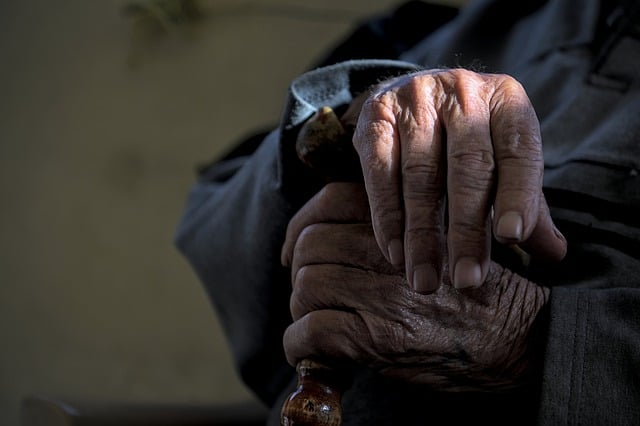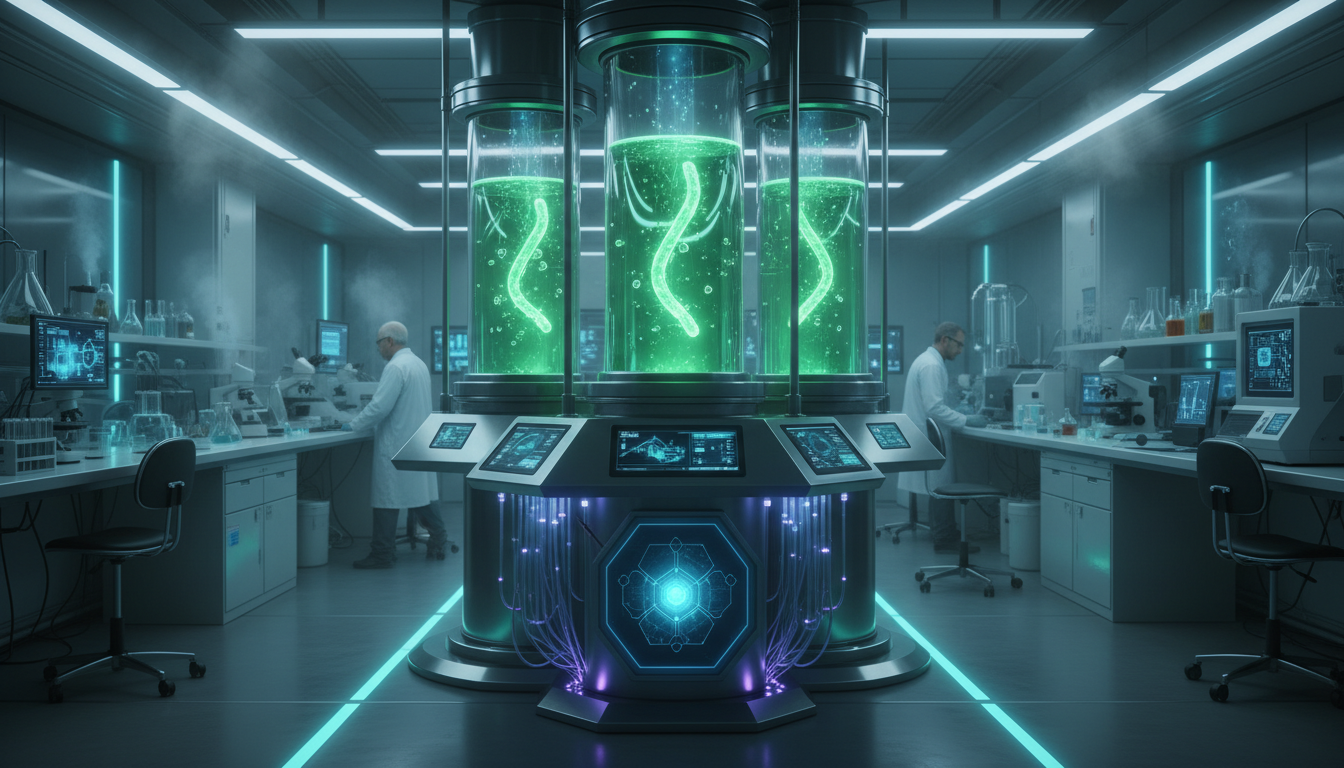[ez-toc]
A Man Declared Brain Dead Comes Back to Life Before Organ Donation: Shocking Allegations Against Kentucky Organ Donor Affiliates
In a shocking and deeply disturbing turn of events, a man declared brain dead in Kentucky remarkably came back to life just moments before doctors were poised to remove his heart for organ donation. This incident has sparked a whirlwind of controversy and raised profound ethical questions about organ donation practices.
The man, 36-year-old Thomas 'TJ' Hoover II, was admitted to Baptist Health Richmond Hospital in Kentucky in October 2021 following a drug overdose. Sadly, he was later declared brain dead, leaving his family reeling from the devastating news. However, the story took a shocking turn when two employees of Kentucky Organ Donor Affiliates (KODA) reported seeing Hoover move and cry as he was being transported for the organ removal procedure.
We also Published
- The Invention of Telescope: A Journey Through Time
Explore the fascinating history and impact of the invention of telescope, uncovering its journey through science and innovation. - Morphology and Embryology: Comprehensive Insights
Explore the intricacies of Morphology and Embryology with comprehensive insights. - CBSE Board Exams 2025: Navigating the Evolving Examination Landscape
The CBSE Board exam pattern for 2025 is undergoing a significant shift. Discover the new emphasis on competency-based questions, the increased prominence of multiple-choice questions, and the upcoming release of sample papers.
The Allegations and The Denials
Nyckoletta Martin, a former KODA employee who reviewed the case notes, painted a harrowing picture. She described Hoover as "thrashing around on the table," experiencing a terrifying ordeal of being alive during a planned organ removal. Natasha Miller, another KODA worker, corroborated Martin's account, stating that Hoover was visibly moving and crying during the transfer.
The allegations against KODA, which have been widely reported, suggest that the organ donation coordinator remained cold and determined to find another doctor to proceed with the organ removal despite Hoover's clear signs of life.
However, KODA vehemently denied the allegations. Julie Bergen, president and chief operating officer of Network for Hope (formed from the merger of KODA and LifeCenter Organ Donation Network), categorically stated, "No one at KODA has ever been pressured to collect organs from any living patient."
Baptist Health Richmond also asserted that patient safety is paramount and that they collaborate closely with patients and their families to ensure their organ donation wishes are honored.
Ongoing Investigations and the Impact on Hoover
Despite the denials, the Kentucky Attorney General and the US Health Services Resources Administration have launched investigations into the alleged incident.
The incident has had a profound impact on Hoover, who thankfully survived. He is now living with his sister, Donna Rhorer, who has become his legal guardian. However, he has faced challenges with memory, walking, and talking since the ordeal, highlighting the lasting impact of this traumatic experience.
Ethical Considerations in Organ Donation
This case has raised critical questions about the ethical boundaries of organ donation, particularly the definition of brain death and the role of organ donor agencies.
"Organ donation is a gift of life. But it's a gift that can only be given freely and with full understanding of its implications." - Dr. William Schaffner, an infectious disease expert at Vanderbilt University Medical Center.
The definition of brain death, while medically established, remains a complex and nuanced issue. Some experts have argued that the definition is too restrictive and may fail to consider the potential for some degree of brain function, as suggested by the incident with Mr. Hoover.
Moving Forward
The investigation into this shocking incident is ongoing. Its outcome will be crucial in determining whether the allegations against KODA are substantiated and if there are systemic flaws in the organ donation process. This case serves as a stark reminder of the need for stringent oversight and ethical guidelines in the field of organ donation to ensure that all involved, donors, and recipients alike, are treated with respect and dignity.
The human body is a complex and intricate system, and the intricacies of brain function, particularly in cases of severe trauma or illness, are not fully understood. It is essential to approach the topic of organ donation with sensitivity and respect for the individual, while also upholding the highest ethical and medical standards.
RESOURCES
- 87-yr-old brain-dead man is city's oldest organ donor
- ELI5 How did Velma Thomas recover after being brain ...
- Life After Brain Death: Is the Body Still 'Alive'?
- Brain dead man comes back to life as doctors prepared ...
- Indian teenager declared brain dead 'comes back to life ...
- A strange project to 'revive' the brain dead
- Pastor Comes Back to Life Three Days After Doctor ...
- Brain dead man comes back to life as doctors prepared ...
- The diagnosis of brain death - PMC
- 'Horrifying' mistake to take organs from a living person was ...
- Man declared 'brain-dead' wakes up after his family turns ...








0 Comments